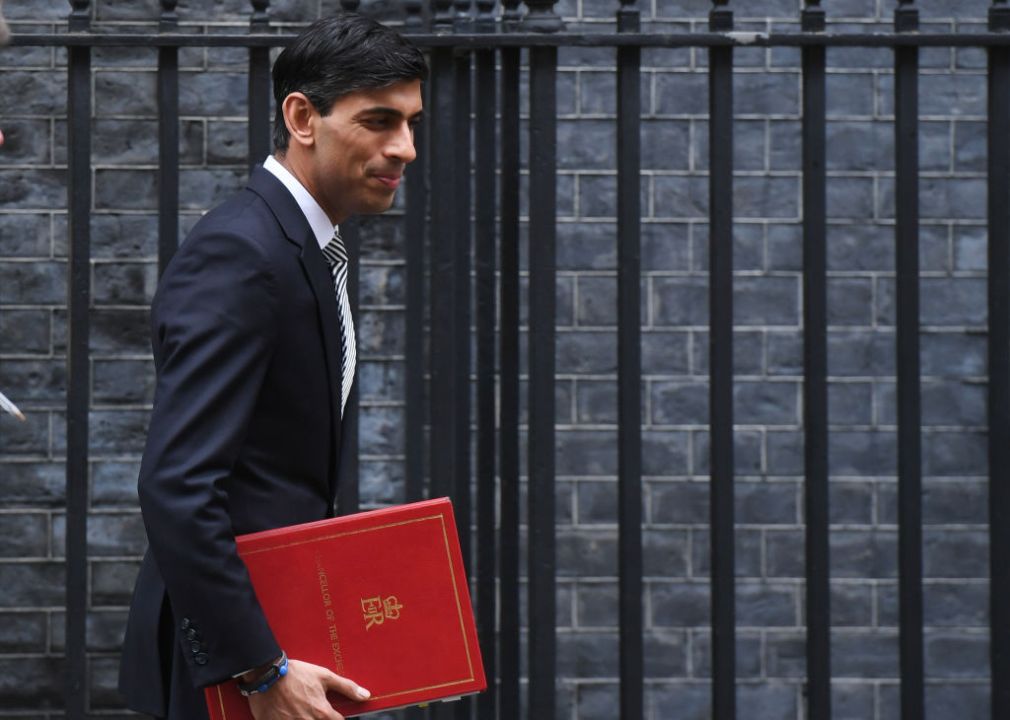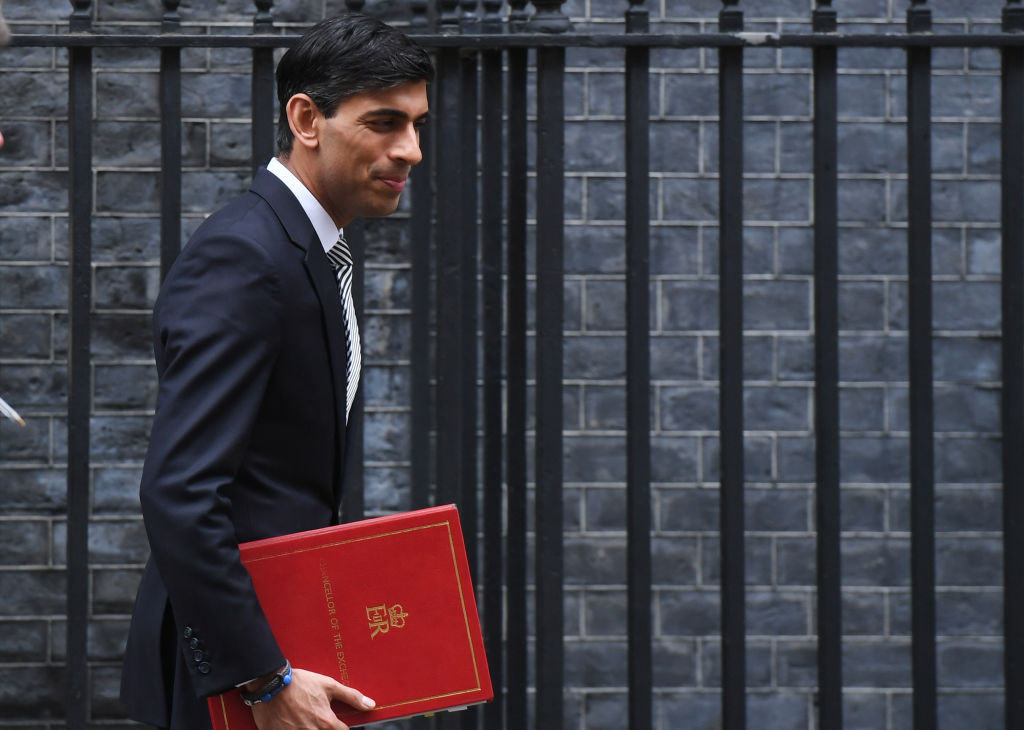This week Boris Johnson is expected to announce an end to the national lockdown. However, with a return to normal still far away with the UK to move back into a stricter form of the three tier system, good news remains limited for the time being. That’s also the case with the Chancellor’s spending review. When Rishi Sunak gets up at the despatch box on Wednesday to announce his funding decisions, there will be hints of the difficult decisions he and Johnson face in the coming months and years as a result of coronavirus spending.
Sunak and Johnson must decide whether to implement tax rises in this parliament, or fight the next election not being able to rule out ‘hard choices’.
The initial hope in government had been for a comprehensive spending review spanning several years that would focus on delivering Johnson’s election agenda. But uncertainty over coronavirus means funding for most departments has been limited to a year. There have been some good news announcements trailed – from increased defence spending to a push on the level up agenda.
But two parts of the spending review point to the difficult decisions ahead. First, an expected public sector pay freeze – with NHS workers exempt. Second, one of the big headlines from the day is likely to be a snapshot of what a bad state the UK’s finances are really in. The Office for Budget Responsibility forecasts will be published that day and are expected to show how much debt the UK is in and how much scarring there has been from coronavirus measures so far.
Sunak has been out on the airwaves this morning making clear that this spending review will not see a return to austerity. Johnson remains insistent there will be no return to austerity at all (his first instinct is to go for growth). However, the Chancellor wouldn’t rule out tax rises and other measures in the future. There’s already been criticism from Labour over the mooted pay freeze. But the sense in government is that people shocked by this have not yet come to terms with what bad a state the public finances are in. With mass unemployment looming, public sector workers are expected to be largely insulated from this. It’s the private sector that will be worst affected. It follows that there is a view that there needs to be a sense of parity and an awareness of the wider employment picture in making these decisions.
With this spending review effectively aimed at keeping things going until a vaccine (or some other scientific breakthrough) arrives, a lot of the hardest choices – both on long term spending and taxes – are to be put off for the time being. There will be a budget before the end of the financial year in March. With government borrowing is estimated to hit £372.2bn by the end of the financial year, the political decision Sunak and Johnson must eventually come to a joint decision on is whether to implement significant tax rises in this parliament and face the political wrath that comes with them. Or to avoid some immediate pain and fight the next election not being able to rule out ‘hard choices’ if they are re-elected.








Comments